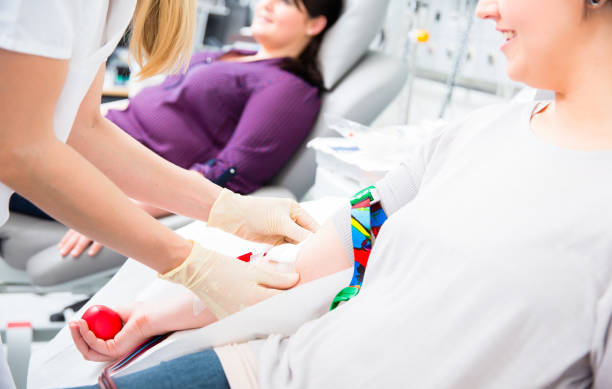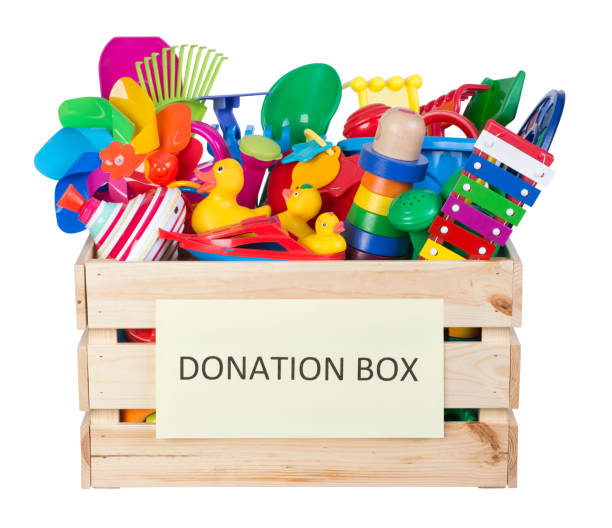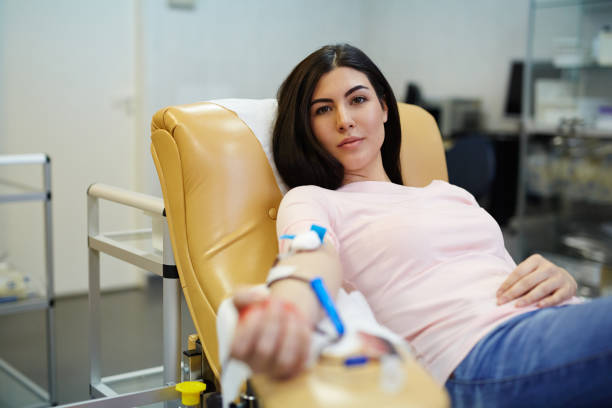Understanding Blood Donation Eligibility
Blood donation is a critical part of healthcare, providing life-saving resources for those in need of transfusions due to surgery, trauma, or illness. However, not everyone is eligible to donate blood, and there are specific criteria that potential donors must meet to ensure the safety and efficacy of the blood supply. These criteria are designed to protect both the donor and the recipient, and they vary slightly from country to country. This content explores the eligibility requirements for blood donation, addressing factors such as age, weight, health status, and lifestyle considerations.
Age Requirements for Blood Donation
One of the fundamental eligibility criteria for blood donation is age. In most countries, donors must be at least 17 years old. Some regions allow 16-year-olds to donate with parental consent. The upper age limit for donation varies, with many organizations setting it at around 65 or 70 years old. However, older individuals can often donate if they meet all other health requirements and have a doctor's approval.
Weight and Health Status
To donate blood, individuals must generally weigh at least 110 pounds (50 kilograms). This weight requirement helps ensure that the donor can safely give the standard amount of blood without experiencing adverse effects. Additionally, donors must be in good general health. This means they should feel well on the day of donation and not have any chronic or acute illnesses that could be exacerbated by the donation process.
Hemoglobin Levels
Hemoglobin is a protein in red blood cells that carries oxygen throughout the body. Blood donors must have a minimum hemoglobin level to ensure they can safely lose the volume of blood required for donation. For men, this level is typically at least 13.0 g/dL, and for women, it is 12.5 g/dL. Hemoglobin levels are checked during the pre-donation screening process to confirm eligibility.
Medical Conditions and Medications
Certain medical conditions and medications can temporarily or permanently disqualify individuals from donating blood. For example, individuals with active infections or those who have recently undergone major surgery may need to wait until they are fully recovered. Chronic conditions such as diabetes or hypertension must be well-controlled to allow for donation. Additionally, medications such as blood thinners can make donating unsafe, so donors should disclose all medications they are taking during the screening process.
Travel History and Risk of Infections
Travel history is another critical factor in determining blood donation eligibility. Individuals who have recently traveled to areas with high risks of infectious diseases, such as malaria or Zika virus, may be deferred from donating for a specific period. This precaution helps prevent the transmission of these diseases through blood transfusions. Donors are usually asked about their travel history during the screening process, and specific deferral periods vary based on the destination and disease risk.
Lifestyle Factors and High-Risk Behaviors
Certain lifestyle factors and behaviors can affect blood donation eligibility. Individuals who engage in high-risk behaviors, such as intravenous drug use or unprotected sex with multiple partners, may be deferred from donating due to the increased risk of transmitting blood-borne infections like HIV and hepatitis. Blood donation organizations often have specific deferral periods for individuals who have engaged in these behaviors to ensure the safety of the blood supply.
Pregnancy and Blood Donation
Pregnant women are generally not eligible to donate blood. This is because pregnancy requires a significant amount of blood and iron for the developing fetus, and donating blood could deplete these essential resources. Women are usually deferred from donating until at least six weeks after giving birth, provided they meet all other eligibility criteria and are in good health.
Recent Vaccinations and Blood Donation
Recent vaccinations can affect blood donation eligibility, depending on the type of vaccine and the time elapsed since receiving it. For example, individuals who have received live vaccines, such as those for measles, mumps, and rubella, may need to wait for a specific period before donating. In contrast, those who have received inactivated vaccines, such as the flu shot, are generally eligible to donate immediately or after a short waiting period.
Tattooing and Piercing
Individuals who have recently received tattoos or body piercings may be deferred from donating blood for a period, typically around three to six months. This deferral helps mitigate the risk of blood-borne infections that can be transmitted through non-sterile equipment. However, if the tattooing or piercing was done at a licensed facility with sterile equipment, the deferral period might be shorter or waived altogether.
Blood Donation Frequency
Blood donors must also adhere to specific donation frequency guidelines to ensure their safety. For whole blood donations, individuals are typically allowed to donate every 56 days, or about eight weeks. This waiting period allows the body sufficient time to replenish the donated blood. Different guidelines apply to other types of donations, such as platelets or plasma, with shorter waiting periods between donations.
Special Considerations for First-Time Donors
First-time donors may face additional considerations and may need to provide more detailed medical histories and undergo more thorough screenings. These precautions help ensure that new donors are fully aware of the donation process and are genuinely eligible to donate safely. First-time donors should also be prepared to spend a bit more time at the donation center for their initial screening and donation.
Blood Donation for Specific Populations
Certain populations, such as men who have sex with men (MSM), have historically faced restrictions on blood donation due to concerns about the transmission of HIV and other infections. However, these restrictions have evolved over time, and many regions have implemented new guidelines that allow MSM to donate under specific conditions, often involving a deferral period after their last sexual contact.
The Importance of Honest Disclosure
Honest disclosure during the pre-donation screening process is crucial for maintaining a safe blood supply. Donors must accurately report their medical history, medications, travel history, and any high-risk behaviors. This transparency helps ensure that the blood collected is safe for transfusion and protects both the donor and the recipient.
The Role of Blood Donation Organizations
Blood donation organizations play a critical role in maintaining the safety and integrity of the blood supply. These organizations set eligibility criteria, conduct screenings, and manage the donation process. They also provide education and outreach to potential donors, helping to increase awareness and participation in blood donation programs.
Encouraging Eligible Donors
Encouraging eligible individuals to donate blood is vital for meeting the ongoing demand for blood and blood products. Public awareness campaigns, community blood drives, and incentives can help motivate people to donate. By understanding and meeting the eligibility criteria, donors can contribute to saving lives and supporting healthcare systems.
Conclusion
Eligibility to donate blood is determined by a combination of factors, including age, weight, health status, medical history, and lifestyle behaviors. These criteria are designed to ensure the safety of both the donor and the recipient and to maintain the integrity of the blood supply. By adhering to these guidelines and encouraging eligible individuals to donate, we can help ensure a steady and safe supply of blood for those in need.




